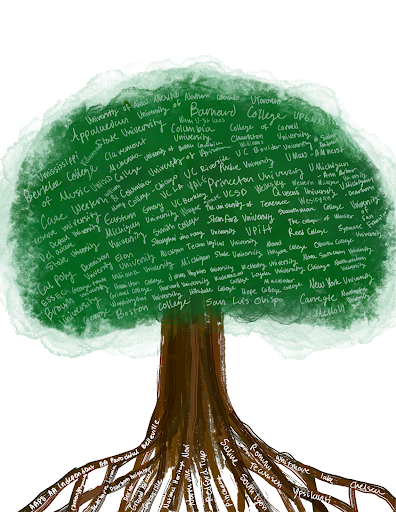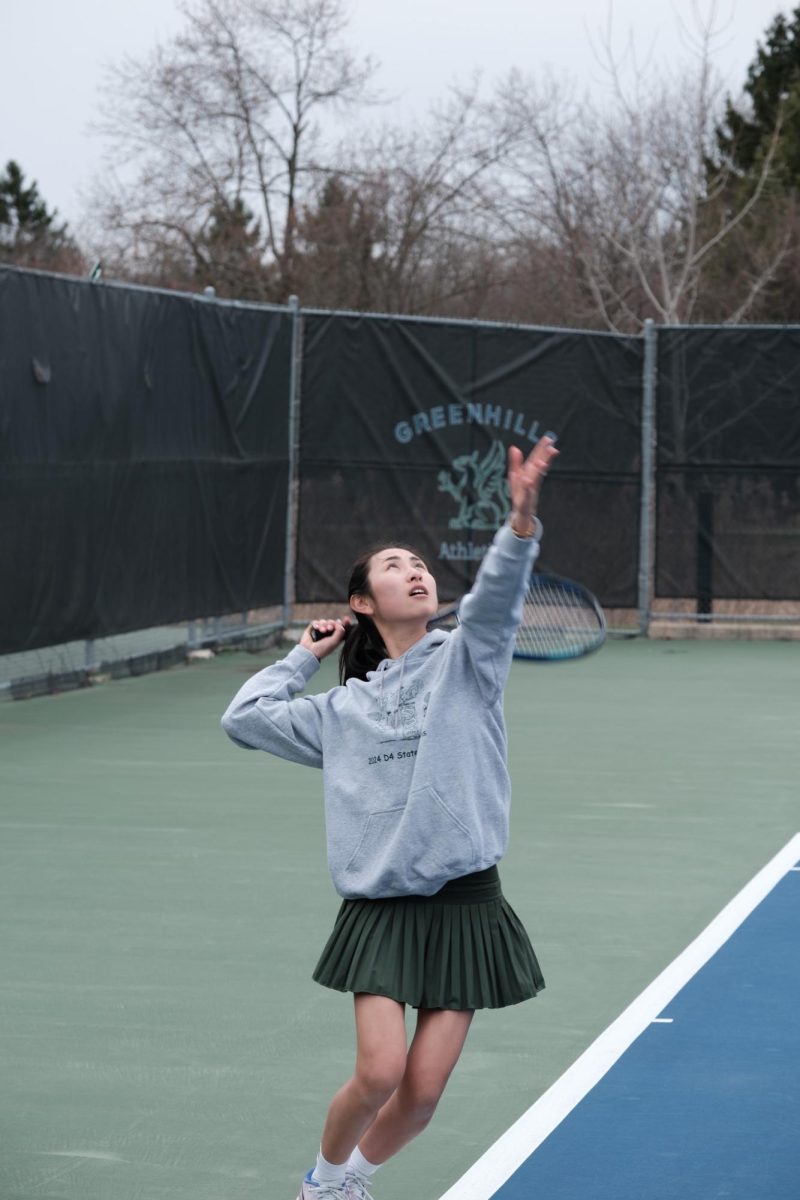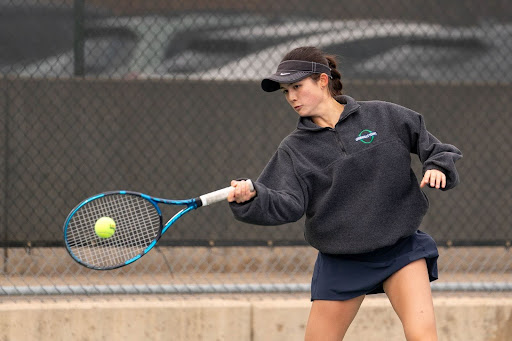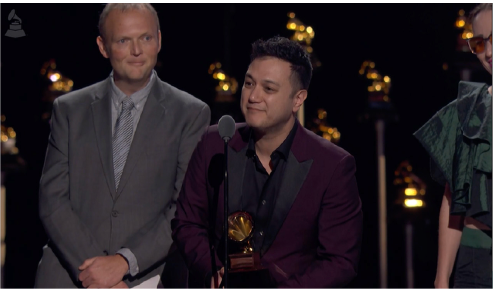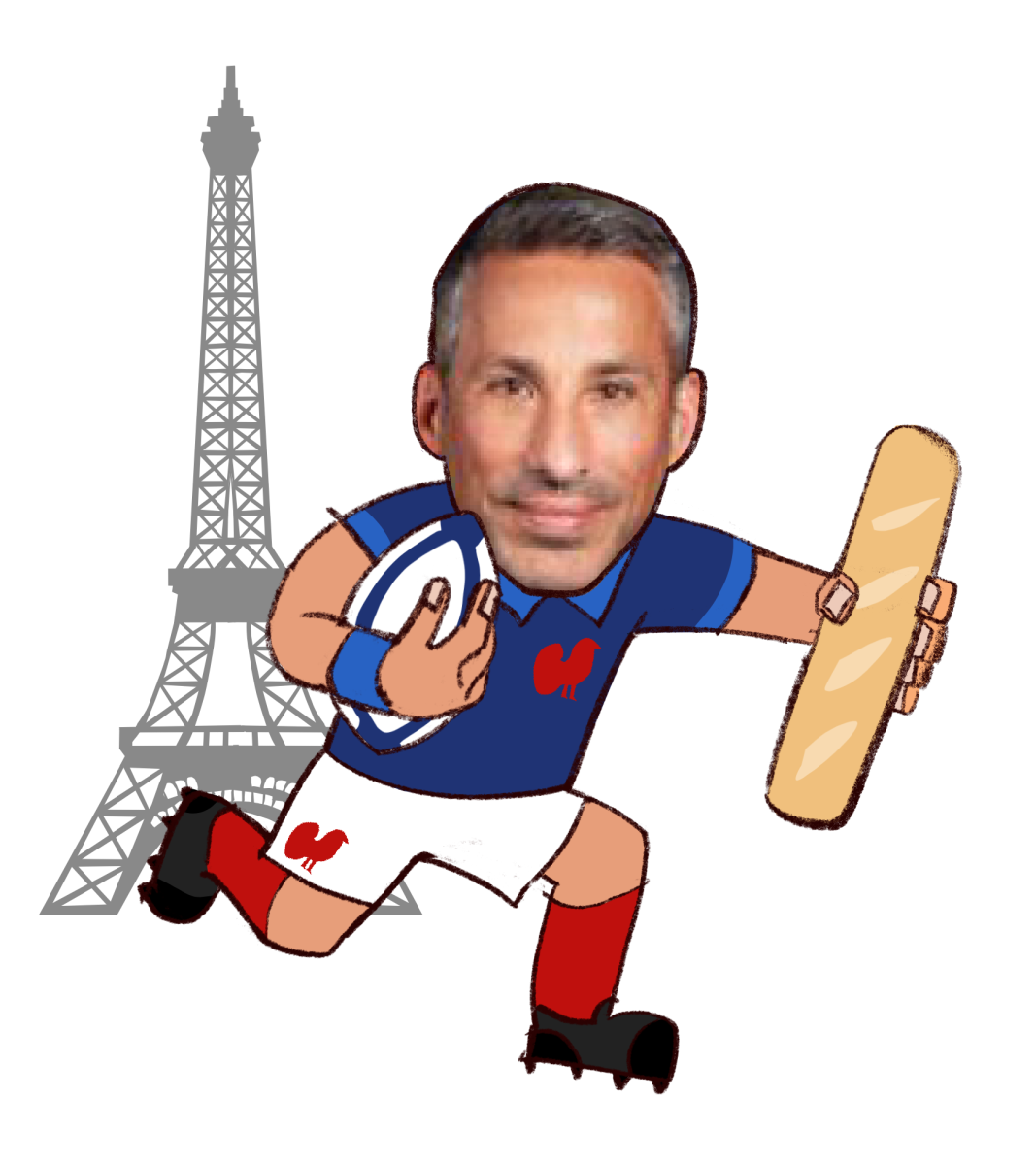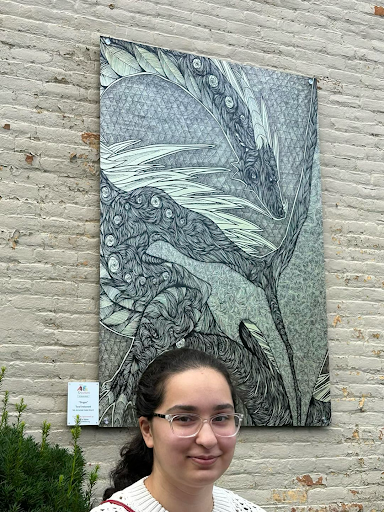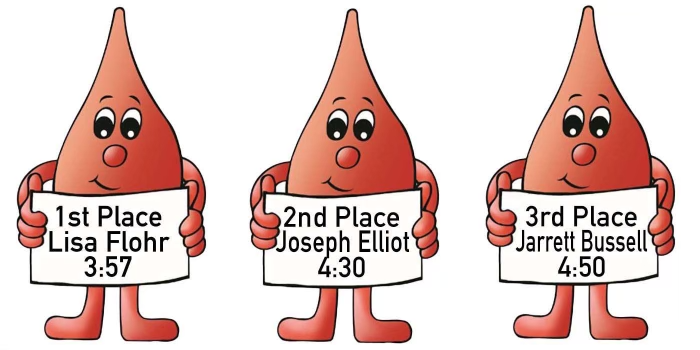Fulfilling more than just a pint
Students, faculty help battle blood shortage
March 23, 2023
Since the start of the pandemic in March 2020, there has been a rapid decline of blood donations, which is resulting in a national blood shortage in January 2022. The American Red Cross has been holding blood drives to prioritize the donations of blood to aid those in need. In order to combat the shortage, schools including Greenhills have gone back to holding blood drives in order to help hospitals recover from the worst blood shortage we have seen in the last decade.
According to director of service learning and civic engagement, Alyssa Friendly, Greenhills has been holding two to three blood drives for the last 12 years, and engaged in friendly competitions with other high schools in the area. In 2018, Greenhills competed with Skyline High School to see who could collect the most pints of blood; Greenhills lost by three pints to the larger public school. On average, Greenhills donates 25-30 pints per drive.
“Every time someone donates blood, three lives are saved. ” said science teacher Julie Smith. “A pint of blood has three units that are taken from it, red blood cells, plasma and platelets. Three people’s lives are saved, and those are people. They’re not just numbers”
Smith is a regular platelet donor, which means every two weeks, she attends a clinic where blood is taken from her and the Red Cross harvests just the platelets. The machine will then return the other blood components — plasma, red cells, and white cells — back to the donor. This type of blood donation isn’t as typical but is just as necessary in hospitals for patients going through chemotherapy.
“Chemotherapy destroys platelets because platelets are dividing all the time, cancer patients need platelets because their blood doesn’t clot as easily,” said Smith. “They bump into something, they bleed and then bruise. They are needed more frequently for pediatric cancer patients, young children that are learning how to walk and falling down all the time, they need to have their blood clot when they bruise themselves.”
These platelet donations can make all the difference. It can make the difference in a person’s life and whether they are able to continue with their treatment.
“When I donate platelets, they send me an email telling me where my platelets went, ” said Smith. “My platelets rarely stay in Ann Arbor, the need is so great that they go where they’re needed most. My last donations went to a children’s hospital in Indiana, another went to a different hospital in Indiana, and the last unit went to a hospital in Detroit. They’re taking platelets from Ann Arbor, and sending them all over, that’s how great the platelet shortage is.”
Smith’s commitment to donating platelets was reinforced when a friend with cancer needed two units of blood but was only able to receive one.
“I have a friend that has cancer and needed two units of blood in February, ” said Smith. “They were only able to give her one. She got the one, went home and she got sicker. She died on Feb. 27. because she could only get one when she needed two, and this was at U-M. This is local, this is in our community. That underlies how big the shortage is.”
Smith was deeply affected by this loss and realized how big the shortage of blood and platelets really is in our local community. The blood drive held at Greenhills had 27 total donors (18 faculty members, seven students, and two others being community members) which translates to about 51 lives being saved. It turned out to be a big success, with a new record set of faculty members donating. Some potential donors were turned away the day off due to not meeting height or weight requirements or their blood having low iron, which would make it unsafe for them to donate.
“They won’t take your blood unless it is safe and healthy for you to donate, ” said Smith. “If you get turned away as a high school student, it’s okay, it just means that your body right now isn’t in a place where it’s healthy to give away blood. If you still want to volunteer, you can do that through the Red Cross, where you can check people in.”
In order to encourage participants, there was some friendly competition between faculty to see who could have a pint drawn the fastest. On the podium was gold medalist Lisa Flohr with a time of 3:57, silver Joseph Elliott with a time of 4:30 and bronze medalist Jarrett Bussell with a time of 4:50. Although there is not a student competition, if there were, Charles Branch ‘24 would have won with a time of 3:22.
“It’s a great way to easily give back to people,” said Lisa Fhlor. “You’re able to save lives and it doesn’t impact you negatively. It’s a great way to serve the community.”



